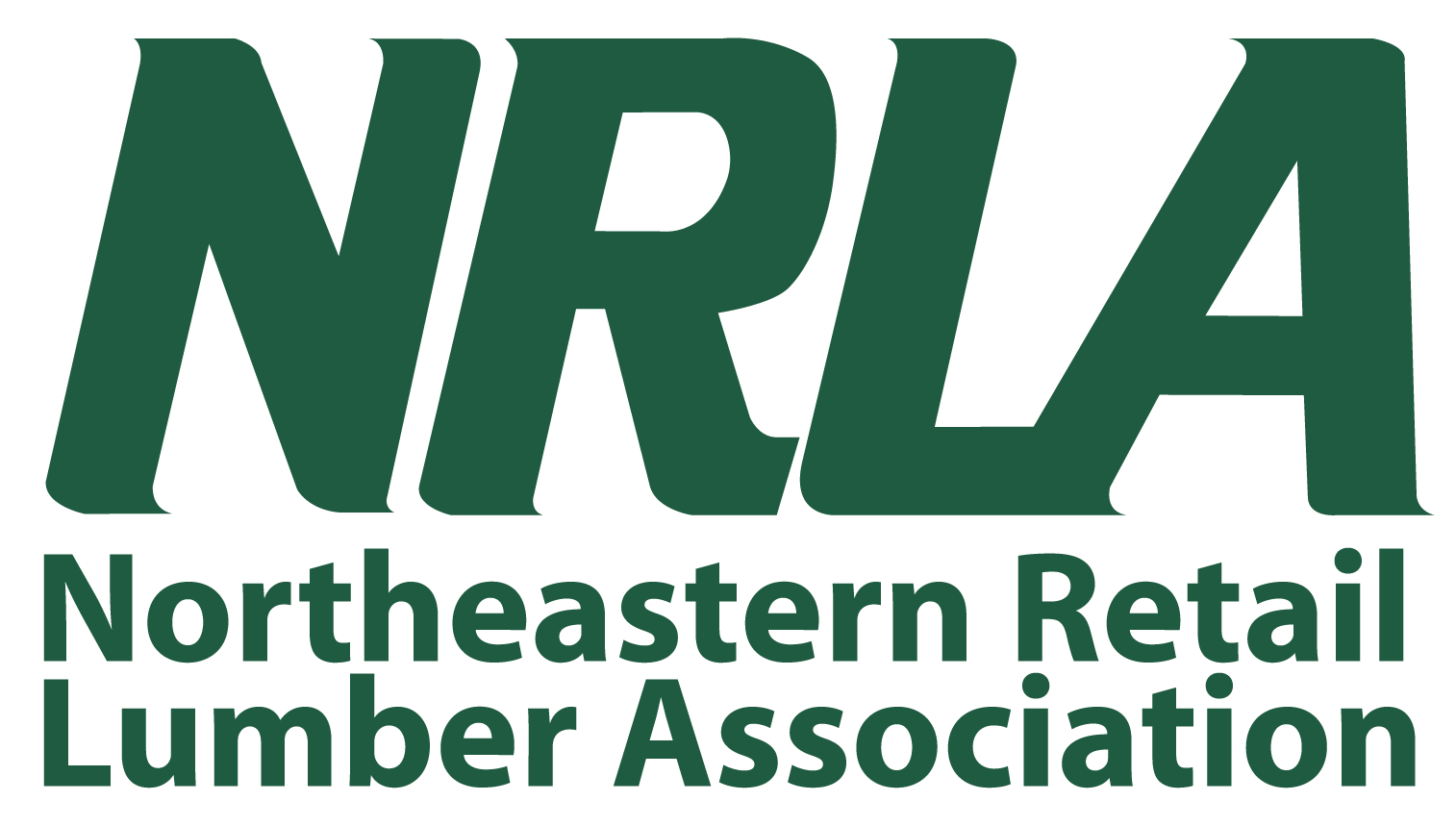Entering the Home Stretch
The Rhode Island General Assembly has entered the home stretch. This means, both the House and the Senate will be negotiating on legislation, as will the Governor’s office. Many of these bills are the more important and many times more controversial bills. The tentative date for completing the 2022 legislative session is June 17, 2022. I did say tentative, as legislative history has told us time and time again that all it takes are a few major disagreements to extend the session.
That appears to be the situation this session because the fiscal year 2023 (July1, 2022- June 30, 2023) state budget was heard last week and was expected to be voted on the first week of June. However, suddenly there remains unresolved issues and the fiscal budget languishes in the House Finance Committee.
Some of the issues addressed in this article may sound redundant but need to be further vetted because of their impact on business. Also, you may or may not know that the Rhode Island General Assembly does not adjourn at the session’s conclusion but rather recesses. If it adjourned, it could only be called back into session by the presiding Governor. By recessing, the General Assembly Leadership can call the legislature back into session anytime during the legislative year.
Recently, one major bill passed and was signed into law as Rhode Island became the 19th state to legalize recreational marijuana effective December 1, 2022. Both the House and the Senate passed the bill by wide margins. A quick summary includes the language that states “employers whose employees engage in hazardous, dangerous work, or work that is essential to the public welfare and safety, may prohibit cannabis consumption within 24 hours prior to a work shift.” Unfortunately, there is no recognized test to determine if an individual is currently under the influence. There is much more to this legislation and based on the history of other states there will be many amendments over the years to the legislation both state and local.
RILBMDA is actively engaged in the wage theft and misclassification legislation which is being strongly supported by attorney General Peter Neronha and organized labor. The bills are H-7677 and S-2775 which have already passed the Senate without addressing any business concerns. This legislation proposes to increase the penalties for employers who fail to pay employees the proper amount on a specific day or who incorrectly classify an employee as an independent contractor. If the nonpayment is $1,500.00 or more, the violation would be a felony with increasing penalties, including prison and fines, dependent on the amount owed. The bill fails to take into consideration if both parties agree to have a business arrangement of client or independent contractor. This is especially true in the changing dynamics of today’s labor market where many are working from home and providing certain tasks for a business. Also, it fails to address extenuating circumstances that could impact a business. Negotiations are ongoing and the business sector is looking to have misclassification removed and tightening of the wage theft language.
RILBMDA has participated in discussions on the Electric Transportation Act, H-7653 and S-2448. These bills are the future but are too ambitious in planning and structuring our transportation vehicles to zero emissions vehicles for certain sized by 2030. The actual process, which your Association embraces, will take time. It will require a substantial federal commitment to convert vehicles, especially trucks and heavy equipment, to electricity. In addition, there are issues such as infrastructure, i.e. all of the electric grid being able to meet the demand. This must be addressed in a realistic cost and time frame. Legislative leaders, despite opposition of environmentalists, are considering moving the compliance date of 2030 to 2032 or 2033. No legislation should move forward until the state determines how to ensure that a reliable source of electricity will be available. Without a reliable electricity supply, businesses cannot operate.
The “Dignity at Work” legislation also known as the “Workplace Bullying Bill” will not be enacted despite the Senate once again passing it without addressing business concerns. The Senate Bill is S-2486 Sub-A and the House is H-8195 Sub-A. As drafted, its definition is broad, subjective, and all-inclusive as infringing on a person’s right to dignity. The legislation would permit the so called “bullied employee” the right to sue both the individual employee and the employer. The business community is requesting that more money from the ARPA funds be dedicated to replenishing the unemployment insurance fund. A majority of states are using the ARPA funds to stabilize UI programs and also hopefully lower the UI rate. Lastly, it does not appear the proposed increase in the income tax rate will pass. At the same time, there is growing support to repeal and not continue the phase out of the auto tax.
Key legislation still being debated includes gun control, housing, and abortion, any one of which are reason enough to slow down the passage of a budget and the General Assembly’s targeted closing date. Hopefully, the next article will be a summary report of the 2022 Legislative Session.


